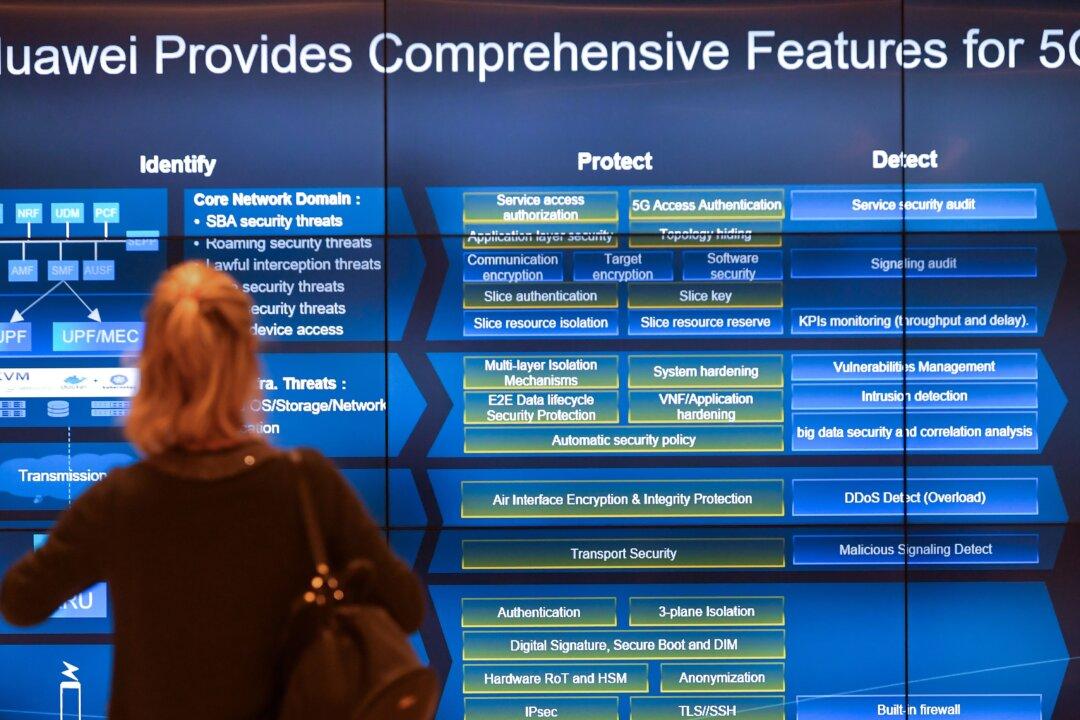Autonomics at the Heart of IPSoft
Since the start of the Great Recession in 2008, politicians have used outsourcing as a means to drive policy, sway public opinion, and drop as an excuse for poor jobs growth. But India, once the outsourcing king, has given way to the Philippines, which became the number one call center in the world last year.
That’s about to change.
Sure, the fourth evolution of computerization—social, mobile, analytics, cloud computing, and the Internet of Things—will transform the world we live and work in this decade. Add to that 3D printing technology, which has begun to onshore manufacturing jobs, and the ripple it creates in the sea change becomes that much more pronounced.
The age of mobile apps and big data have created a huge demand for tech jobs. All of the good programmers, engineers, and database architects (DBA) have been spoken for, with companies forced to poach from one another due to a talent shortage. But that demand doesn’t exist in the marketplace outside the tech sector. So the need to offshore software engineering will continue for some time. But that, too, is about to get altered in a profound way.
Call it automation shock therapy.
At this year’s Cloud Expo East in New York City, I met Jonathan Crane, Chief Commercial Officer at IPsoft, perhaps the most significant IT company you haven’t heard of—yet.
I got the message then on what IPsoft set out to do fifteen long years ago. Tech years are like dog years: rapid aging and development can be seen in a sped up factor of ten.
But it took a second meeting with Mr. Crane at IPsoft’s downtown Manhattan office to see the company’s vision, and then a third meeting with David C. Harron, VP of Sales, and Gus Bekdash, Solution Director, with a demo of the platform to see how it will radically change business as we know it. And the first place IPsoft begun to automate?—IT professionals who manage the code, ensure software works, and troubleshoot the problems.
In a 2007 research paper, Creating a Healthier IT Ecosystem with Managed Services, by Deloitte, which did an independent audit on IPsoft’s technology, it spoke about the new and better way to “manage the next generation of IT service providers.”
And that was when mobile apps and the Hadoop big data database were in their infancy.
In a section called “Botsourcing, not Outsourcing,” Deloitte shined a light on the path that IPsoft was taking. Next year, the bot-automation will meet a cognitive decision-making brain in the evolution of IPsoft’s platform. That will deliver a double-edged sword to the market.
One side of the automation blade will drive enormous benefits of cost savings to the enterprise and entire industries, while the other side cuts deep with a massive drive toward efficiency that will require less manpower to perform menial, repetitive tasks.
From Mechanized Farming to ‘Virtual Engineer’
In our discussion on autonomics and machine learning that is heading our way, Jonathan Crane told the story of how the Industrial Age brought about the mechanization of farming, and how a fifth of the food industry workforce that was in place 150 years ago can feed seven times the global population today than existed back then.
So what are some of the benefits automation will bring to the IT industry? It will deliver light years more efficiency. It will help legacy systems transition from layers of complex, siloed code to a more flexible, integrated model that mobility and big data analytics are demanding. It will free up software engineers to develop new solutions instead of manage mundane tasks and old problems.
IPsoft’s focus is in the space of Remote Infrastructure Management (RIM). Not to be confused with Blackberry, which failed to adapt to the rapid changes of dog years of technology, IPsoft’s RIM is the platform that performs three main functions.
First, it manages the workload balancing of event reports, those incidents of problems that occur when software tasks freeze up, don’t perform as designed, or fail to carry out a task. It then deploys the events traffic with engineers who have fixed similar problems in the past and pairs them with those whose workloads are not too congested. Finally, it machine learns and remotely manages IT infrastructure.
“We need to manage services in a more efficient way. We need to host people management in an environment whereby DBAs can manage fifty accounts with more efficiency and less stress,” Jonathan Crane explained in our first meeting. “What do we do? Your IT mess for far less… Less cost, less restriction, while managing it anywhere in the world, wherever, whenever.”
A hallmark of IPsoft’s platform, “it’s agnostic as to hardware and software,” Crane said.
“How does that benefit a company?” I asked.
“The enterprise needs to manage the workflow and workload of their IT staff. The staff needs to manage the databases, servers, switches, software, and the construction of its information systems platform and they can do that more efficiently with IPsoft,” he said.
From a Gartner research paper, Critical Capabilities: Remote IT Management Services for Networks and Communications Applications, it stated:
“Only IPsoft is rated higher than ‘good.’ IPsoft is the world’s largest pure-play provider of RIM services and has executed extremely well in terms of creating differentiation from service automation and go-to-market models.”
IPsoft is neither a ‘flat’ IT service provider, nor a one-note, one industry solution. Beyond the back office of IT support, management, and infrastructure, IPsoft has already moved into other industries.
“We are serving retail, media, healthcare, and the BPO (business process management) for any enterprise. Business processes are similar across many industries,” David Harron said, adding, “We have a 95 percent retention rate of our clients.”
Satisfied customers at that retention rate speak volumes about the cost savings and efficiencies IPsoft delivers to its clients’ bottom line.
A Cognitive Engine Grows out of Standard Vocabulary
The start of IPsoft began with its CEO and founder, Chetan Dube. In the 1990s, he was an associate professor at NYU, where he focused on mathematics, preached autonomics, and sought how to implement artificial intelligence to replace repetitive tasks in the workplace.
Because Chetan Dube didn’t rely on external funding for IPSoft, he lost the benefit that venture capital would have given his company in terms of notoriety and name recognition. But what he lost there, he gained in time, space, and freedom to build his vision from the ground up; to build it without the pressure of raising the next round of capital; to build it not to satisfy outsiders on the direction of the company or its technology.
To arrive where IPsoft is today in developing a deterministic, cognitive engine that will “guarantee outcomes,” as David Harron said, “IPsoft had to build from a standard, universal vocabulary. For that, we built from the IT Infrastructure Library, ITIL, which is an industry best practices standards.”
Based in the United Kingdom, ITIL is a vendor independent organization. From their IT vocabulary, IPsoft built its platform, which at the start of 2014 will deliver on the promise of cognitive software. Its Virtual Engineer will manage IT services better, faster, and smarter than the top engineer of any company.
“For claims processing in the insurance industry, the business process is the same repetitive process. We believe there is little human resource required. But today, only 24 percent of those claims get answered in an automated way. We see the opportunity where IPsoft can flip that to 75 percent of the claims being automated and served by a virtual voice,” Jonathan Crane said. “We want to remove the mundane. Yes, it will eliminate low level positions, but automation will elevate human capital and make enterprises more efficient and competitive.”
Crane also sees how “leveraging self-learning and self-managing capabilities will improve performance degradation and persistent IT problems without human intervention or upfront coding. And, with autonomous IT maintenance in place, staff can be elevated to more strategic, even visionary roles. This will push organizations to the forefront of their markets.”
And that will change the way we will live, work, and outsource in the near future.




